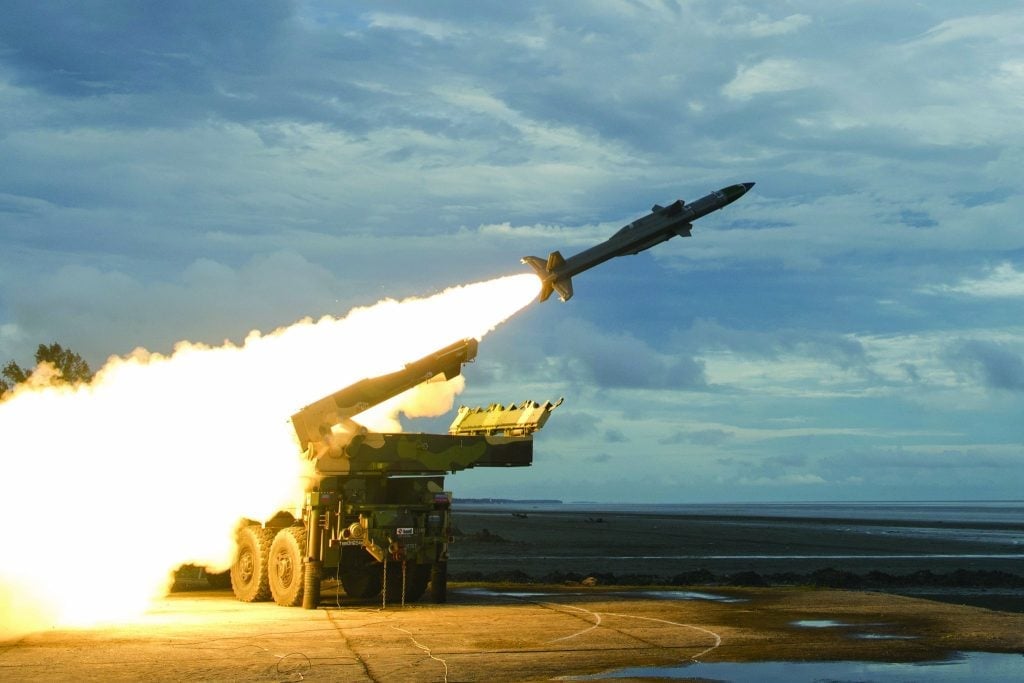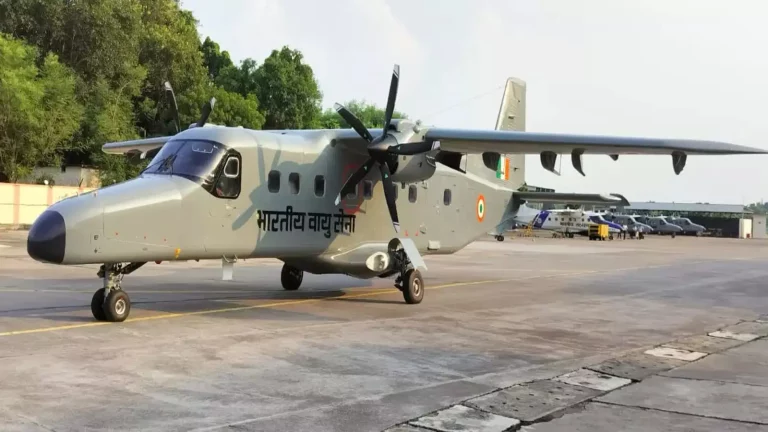In a significant enhancement of its defense capabilities, India has deployed the Akash surface-to-air missile (SAM) system along its border with Pakistan, aimed at addressing the increasing aerial threats amid rising tensions between the two nuclear-armed nations. Defense officials have confirmed that the Akash system has effectively engaged in repelling recent attempts at air and drone attacks by Pakistan.
The Akash missile system, developed by the Defence Research and Development Organisation (DRDO), boasts a medium-range capacity to target aircraft, drones, and missiles within a 25-kilometer radius. With an operational kill probability of 98.5%, it has emerged as a crucial element of India’s layered air defense strategy. Both the Indian Army and Air Force have integrated the Akash into their defense plans, providing coverage over an expansive 2,000-square-kilometer area along the western front.
Reports indicate that on May 7, an Akash battery successfully intercepted and shot down a Pakistan Air Force JF-17 Thunder jet, which attempted to engage Indian fighter aircraft in the Kashmir region. This incident stands as a clear testament to the system’s effectiveness in combat conditions. The Akash deployment bolsters India’s broader air defense architecture, which also includes modern systems like the Russian-made S-400, that have been utilized in recent encounters to neutralize drone and missile threats.
Having been inducted into the Indian Air Force in 2015, the Akash system is produced by Bharat Dynamics Limited (BDL) and Bharat Electronics Limited (BEL), significant contributors to India’s defense manufacturing sector. With defense contracts approximating ₹28,800 crore (around $4.8 billion), the Akash system exemplifies the government’s Make in India initiative, showcasing efforts toward self-reliance in defense technology.
The Akash system is recognized for its capability to track and engage multiple targets simultaneously. During Exercise Astrashakti 2023, the system demonstrated its prowess by successfully intercepting four aerial targets in a single engagement, further solidifying its status as an essential force multiplier.
Recent events have heightened regional tensions, with reports of Indian missile strikes on May 8 leading to approximately 31 casualties in Pakistani territory. These actions prompted retaliatory missile and drone launches by Pakistan. Indian air defenses, inclusive of the Akash batteries, successfully intercepted all incoming threats, resulting in no Indian casualties, although explosions were reported in cities such as Jammu, Jaisalmer, and Bikaner.
In a firm response to the escalating hostilities, India’s Foreign Minister S. Jaishankar stated, “If there are military attacks on us, there should be no doubt that it will be met with a very, very firm response.”
On the international stage, the Akash system has garnered attention, with interest expressed by the United Arab Emirates and the Philippine Navy. Discussions around a possible $200 million procurement deal are underway in Manila, highlighting the growing recognition of India’s capabilities as a defense exporter.
Amid these developments, the Akash missile system symbolizes India’s advancing military readiness and commitment to technological self-sufficiency within the defense sector, as regional tensions continue to escalate.







